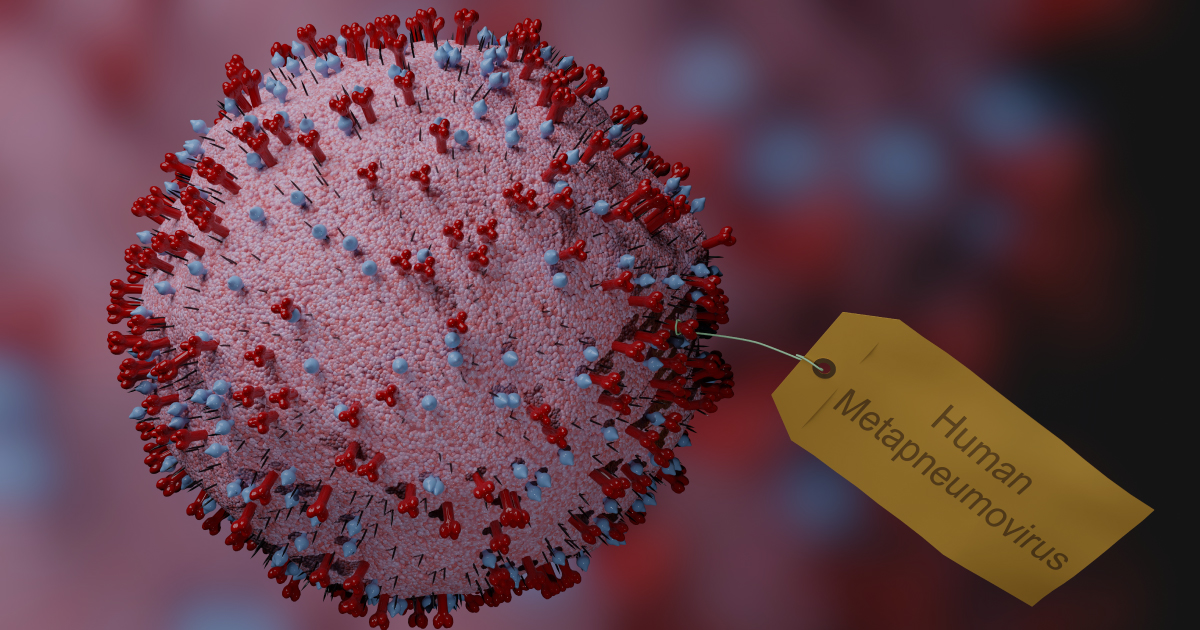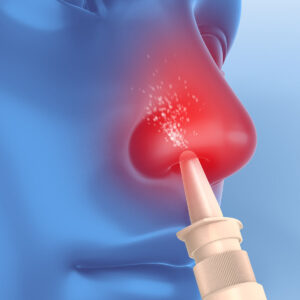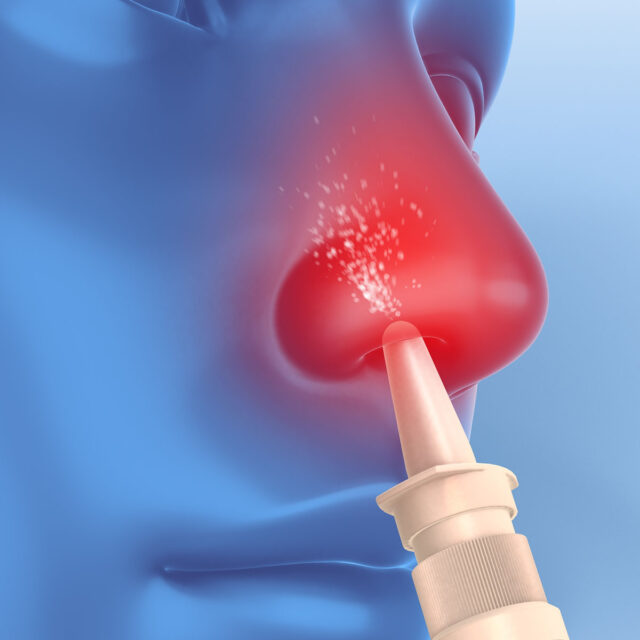HMPV Human Metapneumovirus Infection is an acute respiratory disease that can affect people of all genders and ages, and it is important to be aware of it as it can spread at any time, especially during cold weather and can lead to severe pneumonia or lung inflammation. The symptoms of the disease are similar to influenza and RSV, but less severe, and there is no preventive vaccine. Therefore, one should see a doctor promptly for proper treatment
What is HMPV?
HMPV is the Human Metapneumovirus (Human Metapneumovirus) which is a virus in the Pneumoviridae family that includes the RSV (Respiratory Syncytial Virus) that causes respiratory infections in both the upper and lower parts of the respiratory system at any age, especially in young children, the elderly, and those with weakened immunity. The HMPV was first discovered in 2001, and now it is increasingly detected through molecular diagnostic techniques.
What are the symptoms of HMPV?
The symptoms of HMPV are similar to other respiratory diseases, with an incubation period of about 3 – 6 days and the duration of illness depending on the severity of the disease, which includes:
- Cough
- Fever
- Nasal congestion
- Difficulty breathing
- If severe, it may progress to bronchitis or pneumonia

How does HMPV spread?
HMPV often spreads at the same time as RSV and influenza, spreading via
- Droplets from coughing or sneezing
- Close contact, such as shaking hands, etc.
- Touching surfaces contaminated with the virus and then touching the eyes, nose, or mouth
Who are the at-risk groups for HMPV?
- Seniors aged over 60 years
- Individuals with chronic diseases such as heart disease, lung disease, diabetes, etc.
- Individuals with weakened immune systems such as cancer patients or HIV, etc.

How is HMPV diagnosed?
HMPV diagnosis can be conducted during the HMPV outbreak season using the following methods:
- Virus genetic material testing (NAAT) – PCR
- Virus protein testing from respiratory secretions (Swab Test for Antigen)
How is HMPV treated?
Currently, there is no specific antiviral drug or vaccine for HMPV, so the treatment focuses on alleviating symptoms, such as:
- Administering fever-reducing medication
- Drinking enough water
- Respiratory care such as providing oxygen in severe cases, etc.

How should HMPV patients take care of themselves?
- Cover your mouth and nose when coughing or sneezing
- Do not share glasses or cutlery with others
- Clean surfaces that may be contaminated, such as door knobs, etc.
How can HMPV be prevented?
Although there is no specific vaccine for HMPV, the risk can be reduced as follows:
- Wash hands with soap and clean water for at least 20 seconds
- Avoid touching your face without washing hands
- Avoid close contact with HMPV patients

How does HMPV lead to pneumonia?
If the body is infected with the HMPV virus through the respiratory system, the virus will multiply in the respiratory tract cells, causing inflammation and tissue damage, leading to abnormalities and severe pneumonia.
Is there a vaccine to prevent HMPV?
Currently, there is no vaccine to prevent Human Metapneumovirus Infection HMPV, so the best prevention is to wear a mask, avoid close contact with infected people, refrain from picking your nose or putting your hands in your mouth, and wash your hands frequently to reduce the chance of viral infections.
How is HMPV different from other respiratory diseases?
Human Metapneumovirus Infection (HMPV) differs from Influenza (Influenza), RSV, COVID-19, and Common Cold (Common Cold) as follows:
|
Respiratory Diseases |
HMPV |
Influenza |
RSV |
COVID-19 |
Common Cold |
|
Infection |
Viral infection from the Paramyxoviridae family, similar to RSV |
Influenza virus A/B |
Virus causing lower respiratory tract infections |
SARS-CoV-2 virus |
Various viruses, such as Rhinovirus |
|
At-risk Groups |
Found in young children, the elderly, and those with weakened immunity |
All genders and ages |
Harmful to young children and the elderly |
All genders and ages |
All genders and ages |
|
Symptoms |
Fever, cough, difficulty breathing, similar to RSV but less severe |
High fever, muscle aches, fatigue, cough |
Cough, difficulty breathing, bronchitis |
Fever, cough, sore throat, loss of taste, smell |
Runny nose, sneezing, cough, sore throat |
|
Outbreak |
Seasonal outbreaks |
Seasonal outbreaks |
Seasonal outbreaks |
Quick spread and affects other organ systems |
Close contact with infected individuals |
|
Vaccine Prevention |
No preventive vaccine |
Has preventive vaccine |
Has preventive vaccine |
Has preventive vaccine |
No preventive vaccine, resolves on its own |
Since HMPV is a respiratory disease with no specific treatment, it should be prevented by washing hands, wearing masks, and maintaining cleanliness to effectively reduce the risk of HMPV.
Hospitals Ready to Care for HMPV
Bangkok Hospital Internal Medicine Clinic is ready to treat HMPV, the Human Metapneumovirus Infection, with specialist doctors and a multidisciplinary team providing close care to ensure that patients return to healthy daily life.
Doctors Specialized in Treating HMPV
Dr..Chayapon Cheetanom, Internist, Bangkok Hospital
You can click here to make an appointment yourself











